 The superhero genre has this remarkable ability of continuously changing it’s tone. There was a time when the playful, adventurous offerings – like the original Toby Maguire Spider-Man trilogy was tapping into the mood of the time, and while audiences may not have known yet this is what they were after, box office receipts and a strong critical reaction suggested it was. In a post-9/11 world, perhaps it was this form of escapism we needed. Then Christopher Nolan changed the face of the genre, suddenly we had films steeped in realism, taking a far grittier, bleak turn with his three Batman endeavours, utilising raw human emotions, still requiring a healthy suspension of disbelief, of course, but not nearly as fantastical.
The superhero genre has this remarkable ability of continuously changing it’s tone. There was a time when the playful, adventurous offerings – like the original Toby Maguire Spider-Man trilogy was tapping into the mood of the time, and while audiences may not have known yet this is what they were after, box office receipts and a strong critical reaction suggested it was. In a post-9/11 world, perhaps it was this form of escapism we needed. Then Christopher Nolan changed the face of the genre, suddenly we had films steeped in realism, taking a far grittier, bleak turn with his three Batman endeavours, utilising raw human emotions, still requiring a healthy suspension of disbelief, of course, but not nearly as fantastical.
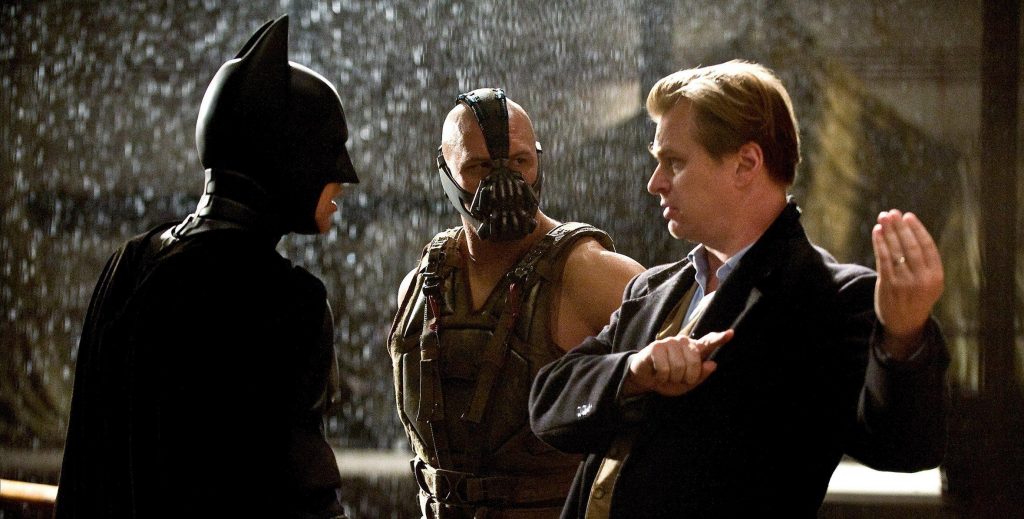
This style blew audiences away, suddenly the superhero movie wasn’t just about magic powers, it was grounded in humanity. But we even got bored of this dour, stony-faced approach. We craved fun again, an unashamed form of entertainment, which is why the resurgence of Marvel has been so incredibly well-received (and why films like Man of Steel, Batman v Superman and Justice League have been so poorly reviewed). Suddenly we had films like Ant-Man in the mix, which has a huge commitment to comedy, while Deadpool was a meta, self-deprecating production that deconstructed the entire formula.
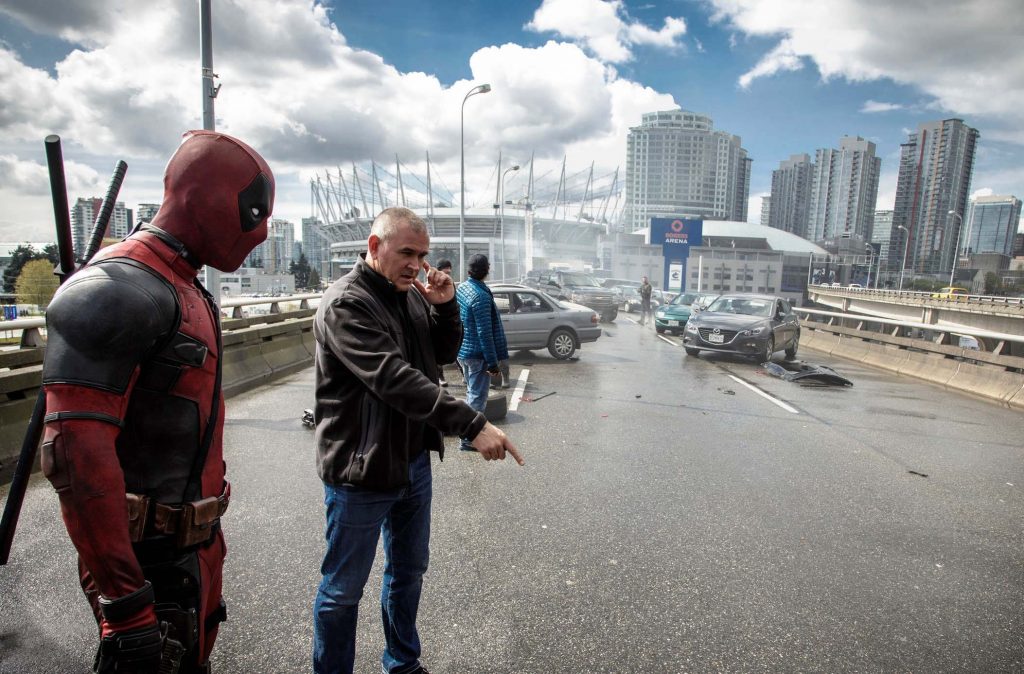
It felt, after the success of the Ryan Reynolds movie, that the genre may suffer. It had been ridiculed to such an extent, it was hard not to question whether superhero movies needed another makeover, so as not to adhere to the very same stereotypes Deadpool had just lambasted, albeit in a somewhat affectionate manner. But Marvel has a unique ability of regenerating, to reinvent itself and up its game – and this leads us to Avengers: Infinity War, such a ambitious project, and so masterfully pulled off, it’s raised the game to a point where you do wonder if the genre will ever quite be the same again. The MCU have always sought to better themselves with every passing movie, but how they do that from hereon remains to be seen.
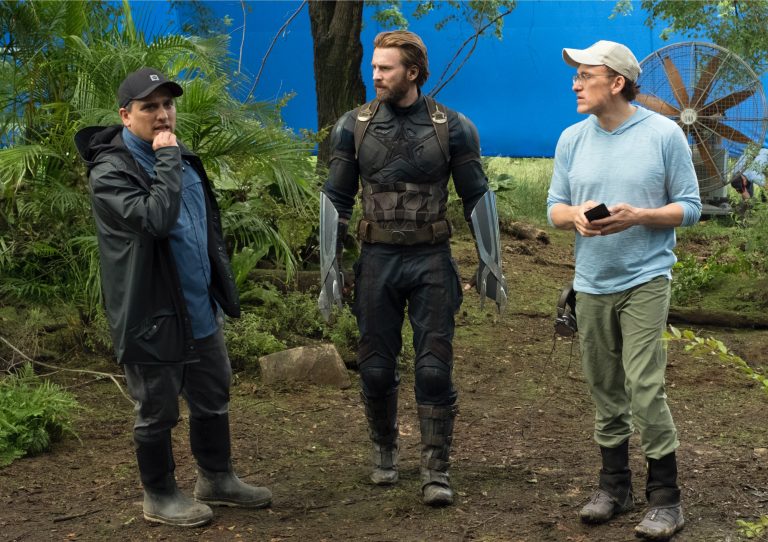
Perhaps this is a reflection of the quality of the piece, but some critics have even compared the work of Anthony and Joe Russo here to that of Paul Thomas Anderson. It was called, by the studio, ‘the most ambitious crossover event in history’ – and initially that seemed somewhat far-fetched. But on cinematic terms, it’s a fair statement. To intertwine such a vast array of characters, and ensure each has their own respective arc dealt with, is quite impressive to say the least. It also boasts the most intimidating, seemingly indestructible villain in the history of the MCU in Thanos, and while the stakes are incredibly high as a result, as we fear for the heroes survival, tonally the film is spot-on – for there are several jokes (mostly courtesy of Drax, of course) that never once compromise on the severity of the situation at hand.
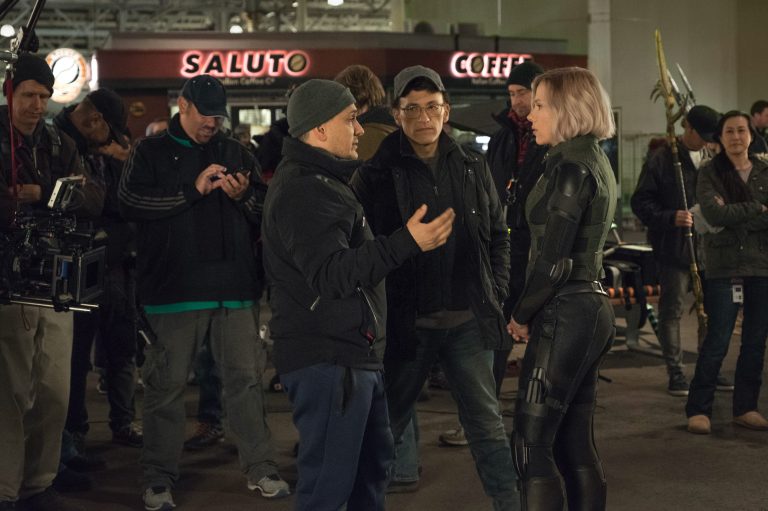
But it’s most striking feat is its bravery. Firstly, it’s unrelenting – from start to finish, with little respite. Without giving anything away, this is the boldest superhero movie ever made. It takes risks you couldn’t even fathom going into the cinema. After the press screening the entire audience sat there silently, overwhelmed, trying desperately to digest what they had just witnessed. Again, this article is spoiler-free – but the closing moments were that of a film that have changed the face of the genre. Narratively, where can this go from here? We simply can’t answer that question.
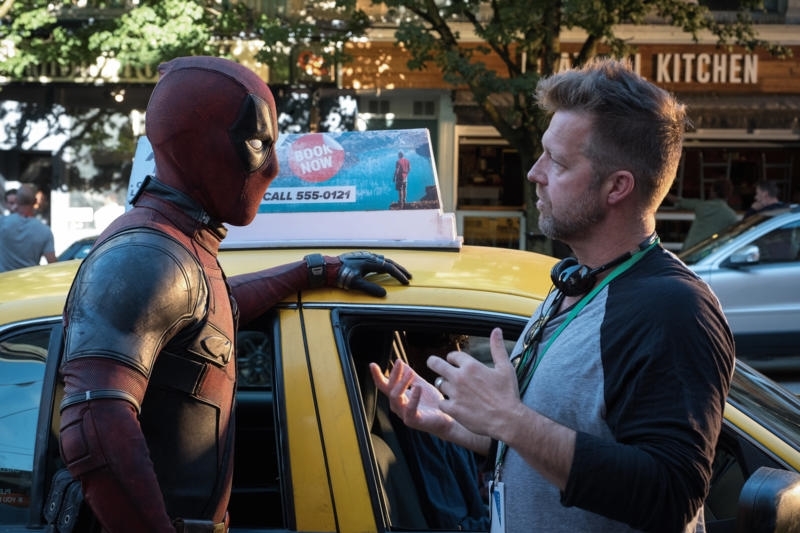
Next up is Deadpool 2. A much needed moment of light relief (good timing, studios) and you just know it can’t satirise Infinity War like it did with other films, it wouldn’t know where to begin. For this doesn’t follow a formula we recognise. As much as I hate this particular term, Avengers: Infinity War can be described as a game-changer. Plus, it’s had quite a dramatic, instant impact on the real world too, as in the film we see the Avengers all back together and fighting again on the same side after the drama in Civil War – and look what’s happened: on the same day the film was released, we’ve seen Korea reunited and ABBA have reunited too. The power of cinema, eh?


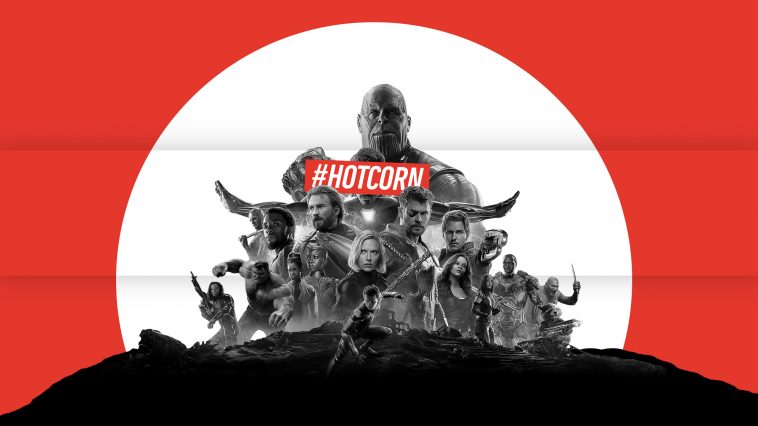
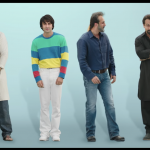
















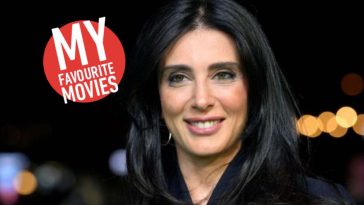






Leave a Comment